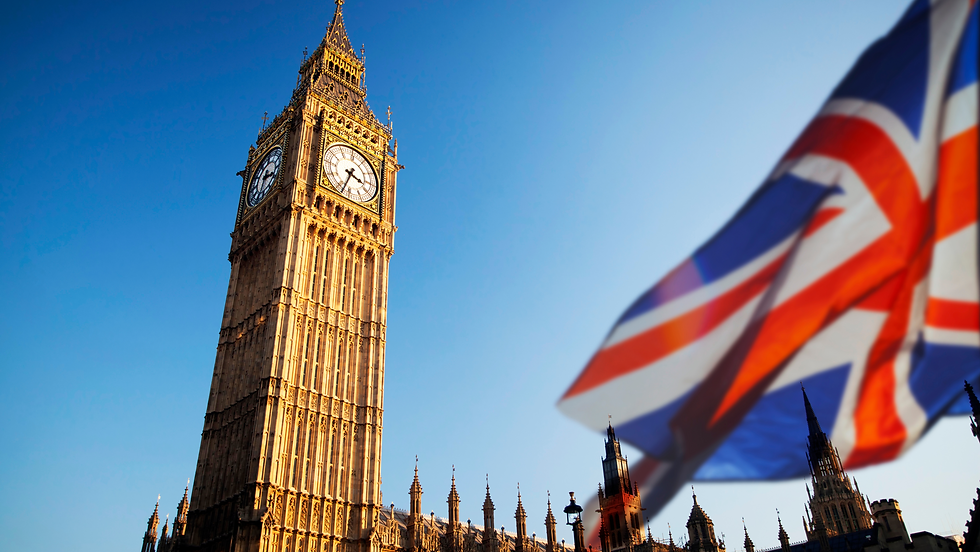

Safe water onboard – the importance of the Fresh Water Safety Plan
22 May 2023
The MLC holds tight regulations relating to freshwater loading and fresh water produced on board, including supply, disinfection and storage arrangements, distribution systems and maintenance. It is aimed at ensuring high-quality drinking water onboard ships to protect crew, guests and owners from waterborne health risks. Yachts and marine vessels must provide an adequate supply of safe water for drinking, personal hygiene, washing, preparing food, supplying recreational water facilities such as pools and spas, fire control systems, steam production, dishwashers, laundry, deck washing and toilets.
The most effective means of consistently safeguarding the potable water supply is through the use of a comprehensive risk assessment and risk management approach, known as the Water Safety Plan (WSP).
The WHO Guide to Ship Sanitation, 2011 advises that a WSP is an effective overarching management approach to assure the safety of the drinking-water supply. The aim is very simple, to make sure that the fresh water on board does not pose risks to health in either use or consumption, and is of sufficient quality to satisfy both those who use it and the requirements of the current rules, regulations and guidelines.
The WHO Guide to Ship Sanitation advises that there are 3 components to a WSP:
System Assessments (including a description of the supply system up to the point of consumption)
Operational Monitoring (including identification and monitoring of the control measures applied on board the vessel)
Management and communication (including verification and programs to manage people and processes).
To establish the WSP a water technician and the engineer onboard will work together to establish what equipment is onboard (water makers, softeners, sterilization systems, filtration systems), assess the equipment condition (maintenance plans, regular replacement of consumables etc), ensure there is no potential redundant pipework or deadlegs, and prepare a detailed plan of maintenance and accountability for the crew to follow. This will also identify critical equipment that should be repaired or installed, with emphasis on sterilization equipment.
Bacterial water analysis should be carried out on a regular basis to establish any potential bacterial infections (Legionella, Pseudomonas, Coliforms including E. coli, Enterococci) allowing them to be treated before they become established within the freshwater system. A minimum of 2 analysis per year is required for the ship’s sanitation certificate, however 4 analysis per year does provide a clearer overview of any potential problems and allows for remediable action to be taken, reducing the risk of biofilm buildup.
Legionella infections cause the highest health burden of all waterborne pathogens in the EU. In 2022, Hydrus Laboratory, which work closely with Octo Marine, processed 1716 legionella samples. An average of 56% of the samples came back positive for legionella, and of this percentage an average of 24% samples showed levels of legionella above the legal limit of 1000 cfu/l. In some instances, this problematic result had serious impacts, not only with the potential health hazards for those onboard, but also delaying the sale of vessels and cancelling charters, the vessel being unfit to receive guests onboard or scaring potential buyers.
This can easily be avoided with a carefully managed WSP. Assess, analyze, sterilize, and filter so you can use and drink in confidence, compliance, and comfort.
The Octo Marine WSP is designed to enable yachts to conform with MLC2006, WHO, IWA, IHR, ILO, IMO, USEPA, European Council Directive 98/83/EC and MCA guidelines and regulations. Accredited to ISO 9001 and 14001 standards we prioritize professional integrity, client confidentiality and customer satisfaction.


More news

A surge in unqualified crew with fake or purchased CoCs
The Professional Yachting Association (PYA) and the Italian Yacht Masters Association (IYM) sound the alarm on a hidden danger: a surge in unqualified crew with fake or purchased Certificates of Competence, which raises potential safety issues for crew, passengers, and vessels.

The MCA & Red Ensign Group recognise Maltese Yacht-Restricted Certificates of Competence
A few months ago, the PYA announced that the MCA would start recognising Maltese Yacht-restricted CoCs. Some of our members contacted the MCA without receiving any concrete information. We have reached out to the MCA several times and finally received the following statement:

PYA CEO to Moderate “Environment and Sustainability” Panel at Superyacht Conference in Monaco on 27 June
Christophe Bourillon, the CEO of the Professional Yachting Association (PYA) will be moderating a panel on “Environment and Sustainability” at the upcoming NextGen Owner: Managing Tomorrow's Superyacht conference, to be held in Monaco on 27th June 2024. The event will bring together industry leaders and experts to discuss the future of superyacht ownership.
